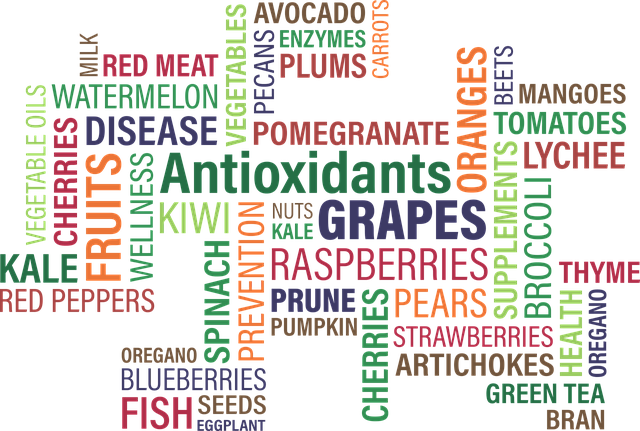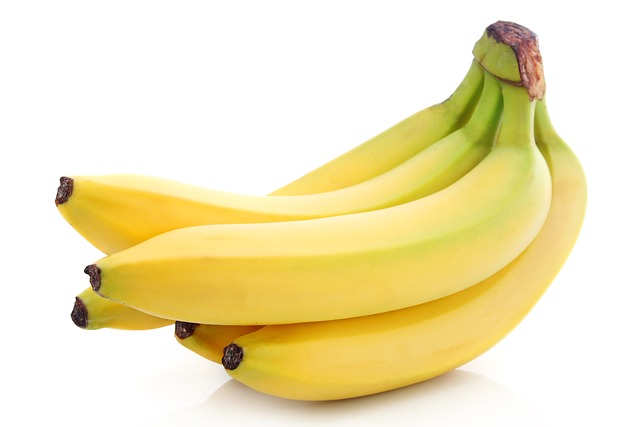Table of Contents
ToggleWhat Are Antioxidants?
Free radicals can harm cells, although antioxidants can stop or at least delay this damage. As a defense mechanism against oxidative stress and other external stresses, the body creates free radicals, which are highly unstable chemicals. Oxidative stress, which they can induce, is associated with a wide range of diseases and conditions, including cancer, cardiovascular disease, and neurological disorders.
Types of Antioxidants:
- Vitamins: Vitamin C (ascorbic acid), Vitamin E (tocopherol), and Vitamin A (beta-carotene).
- Minerals: Selenium, manganese, and zinc.
- Phytonutrients: Flavonoids, polyphenols, and carotenoids.
Health Benefits of Antioxidants
1. Reducing Oxidative Stress
When your body’s antioxidant defenses aren’t strong enough, a condition known as oxidative stress can set in. Proteins, adipose tissue, and DNA are all vulnerable to free radical damage when they exceed antioxidants. Several long-term illnesses can develop as a result of this harm. By scavenging free radicals, antioxidants mitigate oxidative stress.
2. Lowering the Risk of Chronic Diseases
Numerous studies have shown that a diet rich in antioxidants can lower the risk of chronic diseases. For instance:
- Heart Disease: A lower risk of cardiovascular disease has been associated with antioxidants such as flavonoids and polyphenols, which are present in foods like berries, tea, and chocolate. In addition to preventing LDL cholesterol oxidation, they enhance blood vessel function and decrease inflammation.
- Cancer: It is thought that antioxidants like selenium, vitamins A, C, and E, and others can protect cells from DNA damage—a condition that can cause cancer—and so aid in cancer prevention. The risk of developing some cancers is inversely proportional to the amount of antioxidant-rich produce consumed.
3. Supporting Eye Health
The eyes need antioxidants such as zeaxanthin, lutein, and beta-carotene. They are useful in preventing oxidative stress and blue light damage to the eyes. Colorful vegetables, such as leafy greens, contain significant quantities of these antioxidants. Their ability to lessen the likelihood of cataracts and age-related macular degeneration (AMD) has been demonstrated in research.
4. Enhancing Immune Function
Selenium, vitamins C and E, and a strong immune system go hand in hand. These antioxidants shield white blood cells from free radical damage, boost the immunological response, and aid in their synthesis. The immune system’s ability to ward off illness and infection is boosted by this.
5. Promoting Skin Health
Protecting the skin from pollutants and ultraviolet radiation, which can cause oxidative damage, is an important function of antioxidants. Particularly well-known for their protective and cosmetic effects on the skin, vitamins C and E help diminish the appearance of fine lines and wrinkles, dryness, and dark spots. Because of the protection they provide, they find widespread use in skincare products.
Best Sources of Antioxidants
To maximize the health benefits of antioxidants, it is essential to include a variety of antioxidant-rich foods in your diet:
- Fruits: Berries (blueberries, strawberries, raspberries), citrus fruits, grapes, apples.
- Vegetables: Leafy greens (spinach, kale), bell peppers, broccoli, carrots.
- Nuts and Seeds: Walnuts, almonds, sunflower seeds.
- Beverages: Green tea, black tea, coffee, red wine.
- Other Foods: Dark chocolate, whole grains, spices (turmeric, cinnamon).
Conclusion
To prevent chronic diseases and shield the body from oxidative stress, antioxidants are essential for good health. These preventive advantages can be achieved by include a variety of foods that are strong in antioxidants in your diet. You can get antioxidants in supplement form, but for optimal health, it’s best to get them from whole foods rather than artificial sources.
You may find more information on antioxidants and the effects they have on health by consulting authoritative sources like the NIH and the AHA. Human resources professionals can make a significant impact in building an inclusive workplace by using these methods and resources to ensure that all employees feel appreciated and respected.



Pingback: Retirement in a Hot Climate? Beware of Accelerated Aging - Wellness Readers Digest
Pingback: The Misinformation Epidemic: How Fake Health News Spreads Faster Than Disease - Wellness Readers Digest